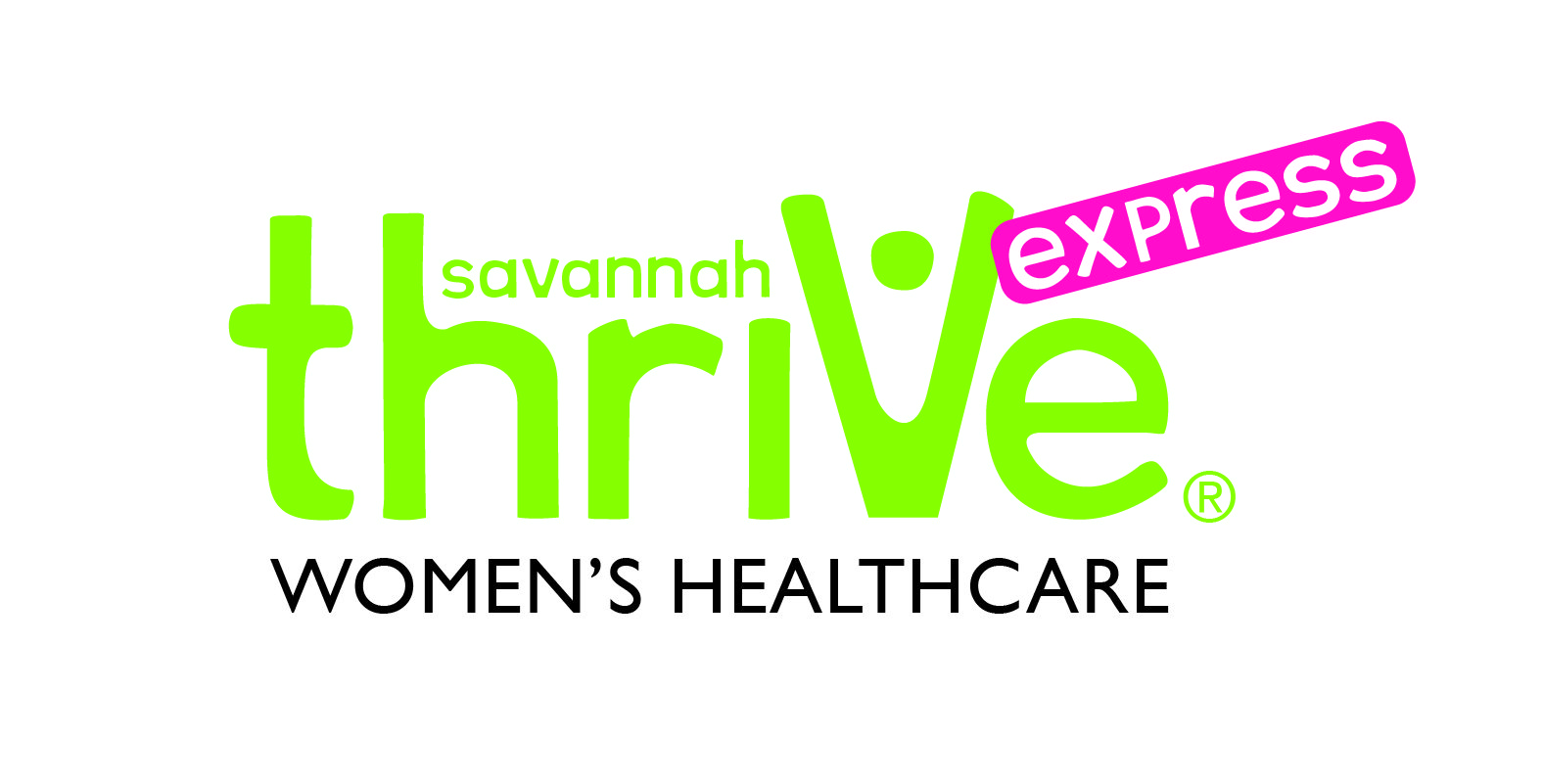
Please Note: If you are currently experiencing symptoms including fever, cough, shortness of breath, diarrhea, new loss of taste or smell, or other signs of infectious disease, we recommend you follow up with your provider or go to an urgent care center or to the emergency room before scheduling an appointment.
What is COVID-19?
Coronaviruses (CoV) are a large family of viruses that cause illness ranging from the common cold to more severe diseases such as Middle East Respiratory Syndrome (MERSCoV) and Severe Acute Respiratory Syndrome (SARS-CoV)[1]. A novel coronavirus (nCoV) is a new strain that has not been previously identified in humans. The World Health Organization states that most people who become infected experience mild illness and recover, but it can be more severe for others. [2] Here is a link to Center for Disease Prevention Fact Sheet for coronavirus disease (COVID-19).
Are pregnant women more vulnerable to COVID-19?
The United Nations Population Fund states that, to date, there is no scientific evidence about the increased susceptibility of pregnant women to COVID19. They went on to state, however, that “pregnancy brings physical changes that might make some pregnant women more susceptible to viral respiratory infections. Pregnant women with respiratory illnesses must be treated with the utmost priority due to increased risk of adverse outcomes.” If a woman suspects she has symptoms of COVID-19, she should contact her provider.
Should pregnant women take different or additional precautions than the general population?
The United Nations Population Fund recommends pregnant women take the same preventive actions to avoid infection recommended for all adults. This includes avoiding close contact with anyone who is coughing and sneezing, washing hands often with soap and water or alcohol-based hand rub, covering mouth and nose with a tissue or elbow when coughing and sneezing, and thoroughly cooking meat and eggs. Recommended actions are available on the WHO website.
Can women transmit the virus to their preborn babies?
Transmission between mom and preborn baby has not been shown to date. One recent study with a small sample size documented pregnant woman diagnosed with COVID-19 found no evidence for vertical transmission in late pregnancy.[3]
Are pregnant women with COVID-19 at increased risk for adverse pregnancy outcomes?
The Centers for Disease and Prevention states there is no increase of adverse pregnancy outcomes in pregnant women with COVID-19. However, pregnancy loss, including miscarriage and stillbirth, has been observed in cases of infection with other related coronaviruses such as SARS-CoV and MERS-CoV during pregnancy. As always, high fevers during the first trimester of pregnancy can increase the risk of certain birth defects. If a woman has symptoms of COVID-19, she should contact her physician for care.
Can moms transmit COVID-19 by breastfeeding their infants?
The Centers for Disease Control and Prevention reports that the virus has not been found in the breast milk of women with COVID-19 but antibodies to fight it have been found. The CDC states that breastmilk provides protection to many illnesses and encourage women to continue to breastfeed.[4] La Leche League International is encouraging women who have become infected, not to interrupt breastfeeding. They state in an exposure situation, “The baby has already been exposed to the virus by the mother and/or family and will benefit most from continued direct breastfeeding.”[5] The United Nations Population Fund recommend that breastfeeding women should not be separated from their newborns, as there is no evidence to show that respiratory viruses can be transmitted through breast milk. They advise that mothers can continue breastfeeding with precautions applied:
• Symptomatic mothers well enough to breastfeed should wear a mask when near her child (including during feeding), wash hands before and after contact with her child (including feeding), and clean/disinfect contaminated surfaces.
• If a mother is too ill to breastfeed, she should be encouraged to express milk that can be given to the child via a clean cup and/or spoon – while wearing a mask, washing hands before and after contact with the child, and cleaning/disinfecting contaminated surfaces. The World Health Organization (WHO) offers guidance and other information on coronavirus in multiple languages on their website. UNICEF also provides information for breastfeeding through COVID-19 infection.
What action should a pregnant or breastfeeding woman take if she suspects she has become infected with COVID-19?
The World Health Organization (WHO) and Centers for Disease Control and Prevention (CDC) recommend that those with symptoms of fever, cough, shortness of breath stay home and call a healthcare provider for advice. Also, they recommend those who have been in close contact with a person known to have COVID-19 or have recently traveled from an area with ongoing spread of COVID19 contact their medical providers for recommendations. It’s important that patients call in advance before going to a doctor’s office or emergency room to tell them about any recent travel and symptoms. This will allow the health care provider to direct patients to the right health facility to prevent the spread of this virus and other infections within clinics and hospitals.[6]
